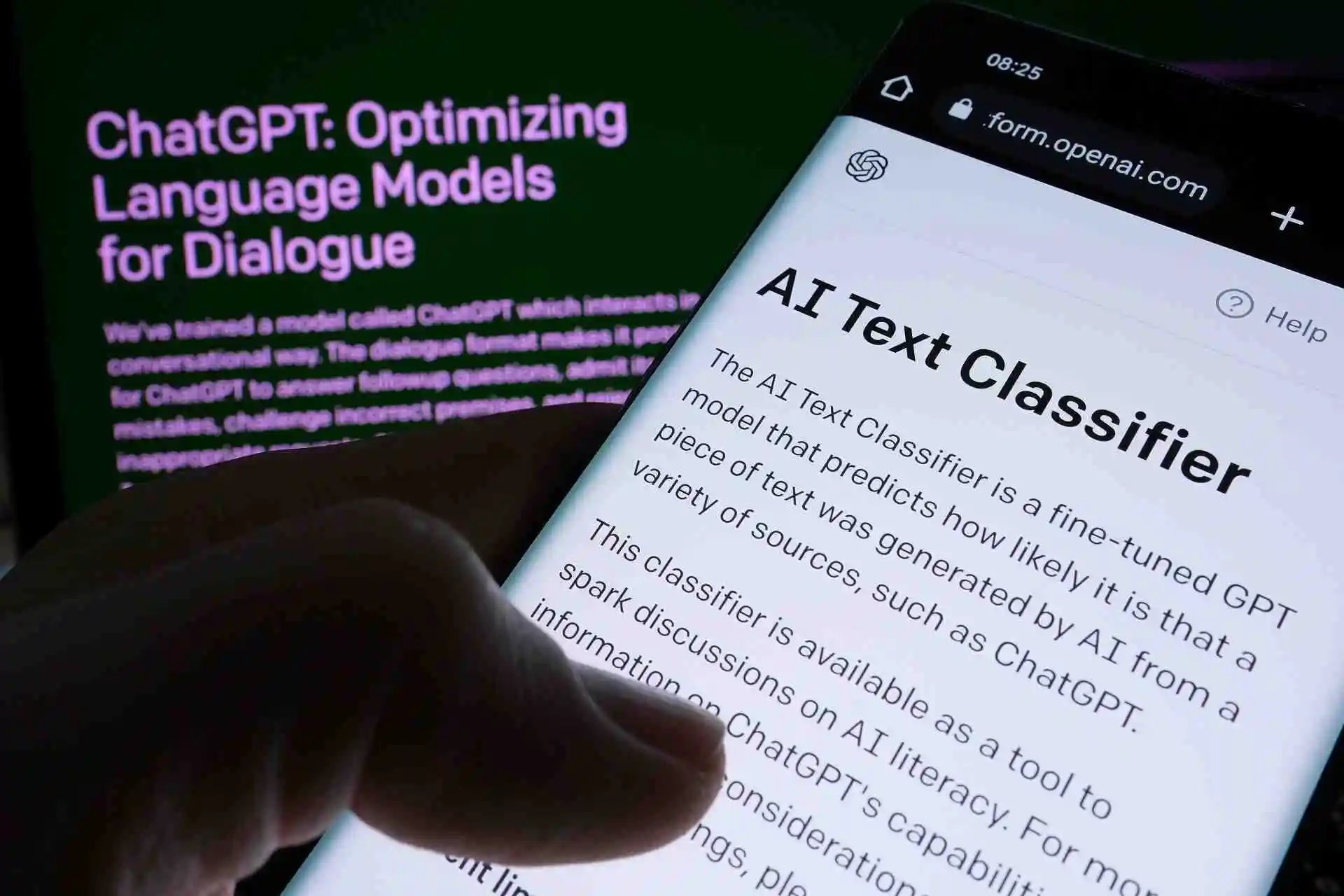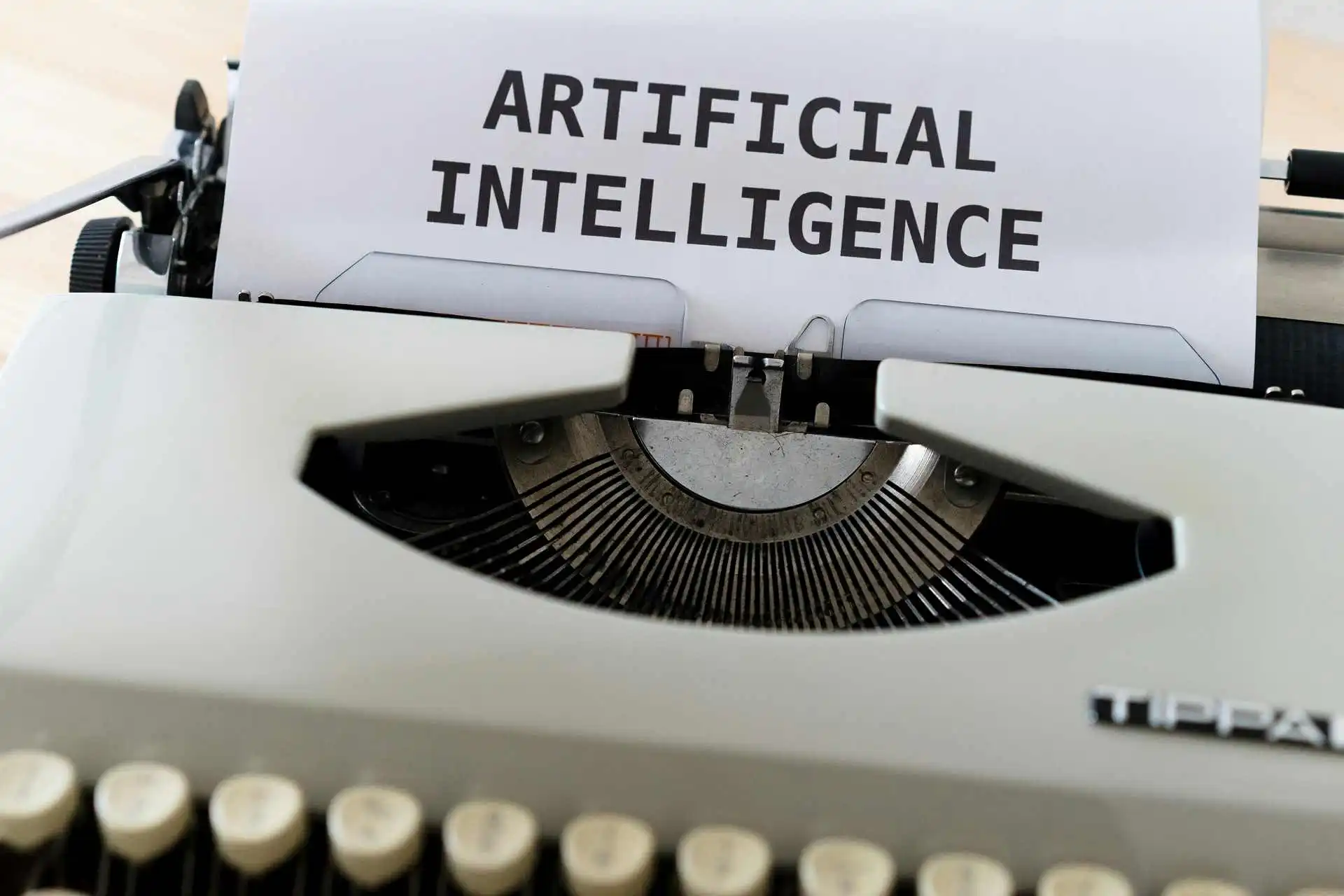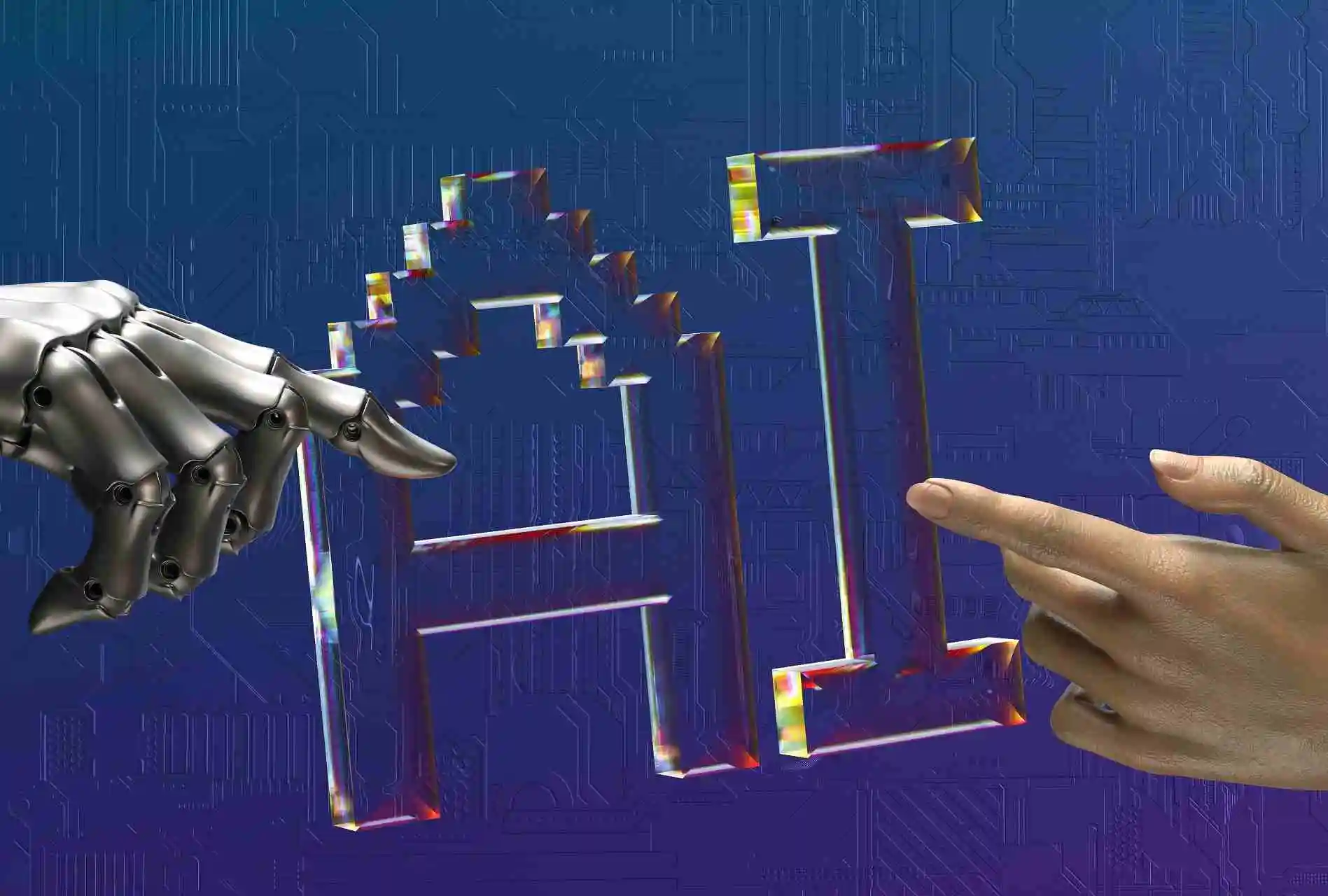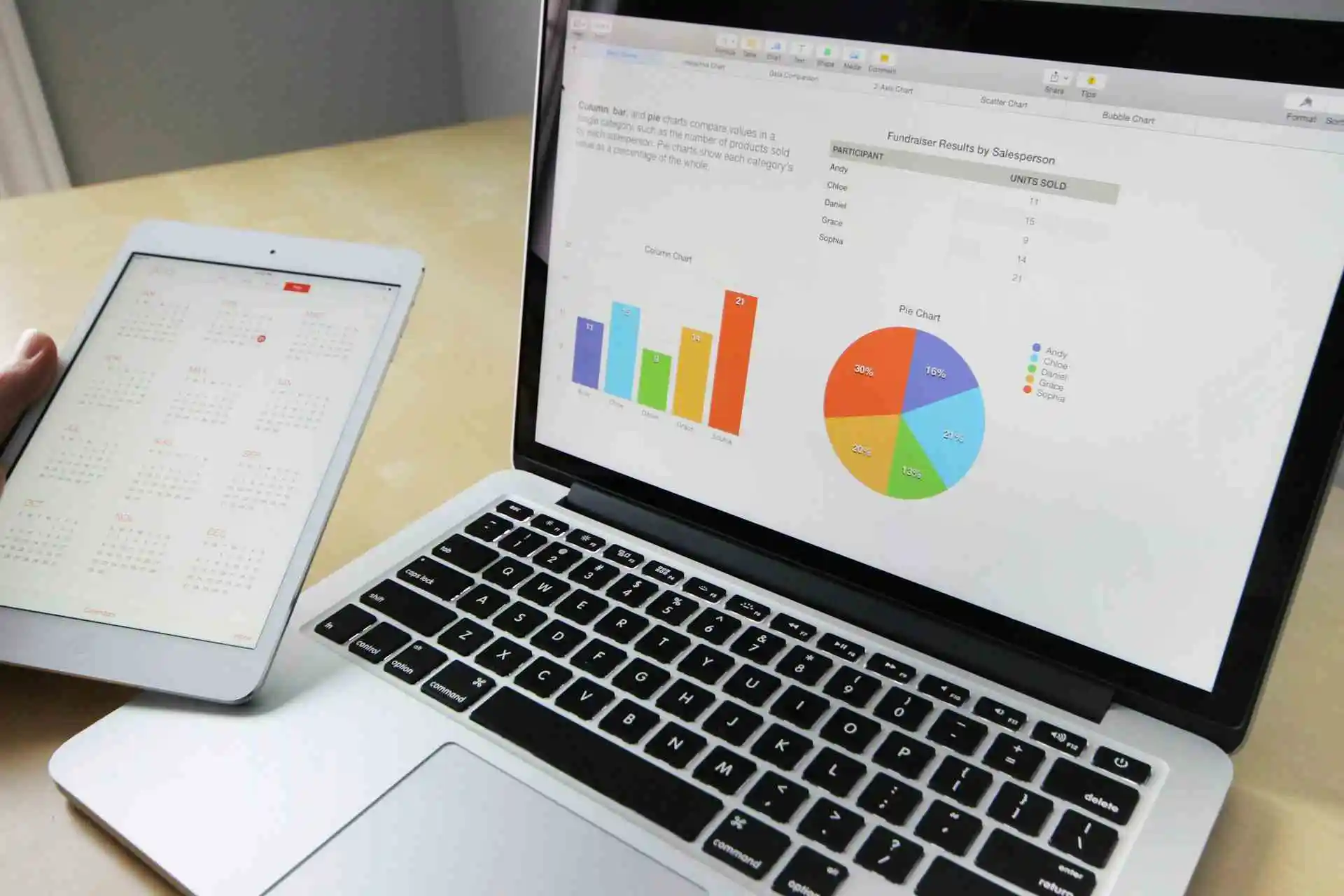Artificial intelligence is increasingly becoming an essential aspect of education, from high school to graduate degrees. Students use AI to complete several tasks, such as writing essays, researching challenging topics, and even studying for examinations.
Many medical schools are aware of the emergence of AI-powered tools, and some have begun to implement steps to monitor or restrict their use. Medical schools that are aware of the AI written content detect AI using techniques. Sometimes, AI provides incorrect information and contains many risks for using AI. Therefore, some medical colleges should be aware of the AI content.
Growing Impacts of AI on Education
Artificial intelligence (AI) increasingly influences education, transforming how students learn, write, and apply to institutions. Students use AI to complete tasks such as writing essays, researching difficult topics, and even studying for examinations.
For example, software like ChatGPT can help develop essay topics, while Grammarly can aid with editing and grammar corrections. AI can improve learning by organizing information and polishing content with little effort.
However, with the increase in AI utilization, ethical considerations arise. Many people are concerned that AI will contribute to plagiarism or push pupils to rely too heavily on technology instead of developing their talents. These concerns are especially important in the context of medical school applications, where personal experiences and true passion for the field are required.
What Medical Schools Look For in Applicants
Medical schools have demanding standards for the students they acknowledge, extending beyond academic achievement. Integrity, uniqueness, and personal experiences are highly regarded. Admissions committees look for applicants with an honest interest in medicine and a well-rounded personality. Personal essays and interviews are crucial ways for colleges to examine this.
These application elements allow candidates to reflect on their path and explain why they wish to work in medicine. However, it provides an opportunity to highlight personal insights, motivations, and experiences that distinguish the applicant as AI becomes more common in the writing process.
Are Medical Schools Checking If You Use AI?
No general guidelines or procedures exist for detecting AI utilization in medical school applications. However, some schools may check the use of AI detection methods comparable to the widely used plagiarism detection software Turnitin.
As AI technology advances, so are the procedures used to recognize AI-generated material. There is no evidence that medical schools are actively adopting AI detection tools, although this may change shortly.
Admissions committees are aware of AI's expanding involvement in education, and some may be concerned with essays that sound too polished or artificial. This is why medications must use a strong personal voice in their writing to ensure that their application shows who they truly are.
How Does Med Schools Check AI
Medical schools use AI detectors to find patterns characteristic of AI-provided content. These technologies can check essays for certain indicators that point to the text's artificial intelligence (AI) origin. Because admissions officers have read innumerable essays, they are also highly adept at identifying imitation.
Plagiarism Detection Software: Many medical schools utilize plagiarism detection software like Turnitin, which has been updated to highlight AI-generated content. These techniques can now detect information that appears to have been written by AI and is frequently marked for additional examination.
Updated Examination Policies: Some schools have changed their exam protocols, notably for online exams. They may restrict device use or monitor online activity during exams to ensure students do not utilize AI tools to help them answer questions.
Honor Codes and Professionalism: Medical schools place a high value on professionalism, and utilizing AI technologies to violate such rules is a serious offense. Students are expected to self-report their usage of tools such as AI, particularly in written tasks, and declare any AI involvement where relevant.
Risks of Relying On AI for Medical Schools
Relying too much on AI when applying to medical schools can be dangerous. Even though AI-generated material may seem alluring because it can write well-structured essays with little work, it's vital to consider the drawbacks.
The personal touch and nuance that admissions committees seek are frequently absent from AI-generated content. Medical schools accept well-written essays, original viewpoints, and personal narratives. When integrating AI into your application process, it's critical to exercise caution and be aware of these potential hazards.
If many students utilize the same AI technologies, their essays may sound similar, activating plagiarism detection systems. Even if the text is not directly copied, identical structures or wording may raise red flags. More significantly, AI cannot replace the authentic.
This stems from personal reflection and genuine narrative abilities, essential in medical school applications. This should encourage and push you to ensure your application accurately reflects your unique experiences and opinions rather than depending on AI to cut costs.
Another important risk of relying on AI occurs during interviews. Assume you've requested AI to draft your statement or prepare responses. In that situation, you may struggle to express your ideas in detail when interacting with interviewers.
Admissions committees will want to see that you can speak clearly about your experiences, motives, and insights without relying on a machine-generated script.
Future Aspects for AI and Medical School Enrollment
As AI technology advances, its impact on medical school admissions is expected to grow. In the future, AI detection software may become a routine tool for admissions committees, just as plagiarism checkers are today. If this occurs, medical schools will no longer ask if you employ AI; it may become a reality. Applicants must stay current on any new AI-related regulations or technology during the admissions process.
As AI becomes more linked to educational and professional environments, students applying for future cycles should consider how these changes affect their applications. Future Considerations for AI and Medical School Admissions.
While AI might improve the application process, it is critical to maintain the human element that medical schools appreciate so highly.
Conclusion
Authenticity, uniqueness, and honesty are essential to a successful medical school application. Even if AI is useful, admissions committees still want real storytelling and personal effort. Therefore, AI should be considered.
As technology continues to affect the application process, the question of whether medical schools are checking to see if you use AI is becoming increasingly relevant. If you prioritize integrity and use AI as a helpful tool rather than a crutch, your application will prove that you are prepared for the demands of medical school and beyond.
For candidates who are unsure if colleges verify whether you utilize AI, the best course of action is to proceed cautiously and responsibly with the application procedure. Employ AI morally, but you're allowing it to replace your input.








Leave a COMMENT